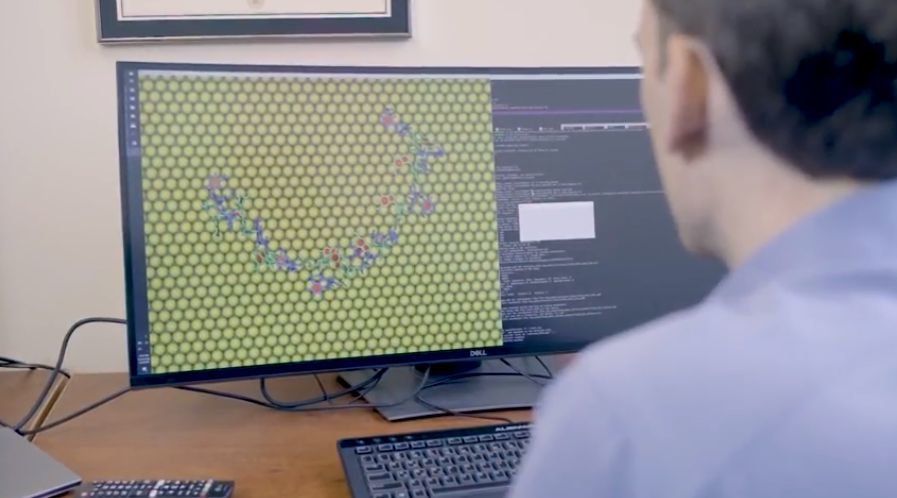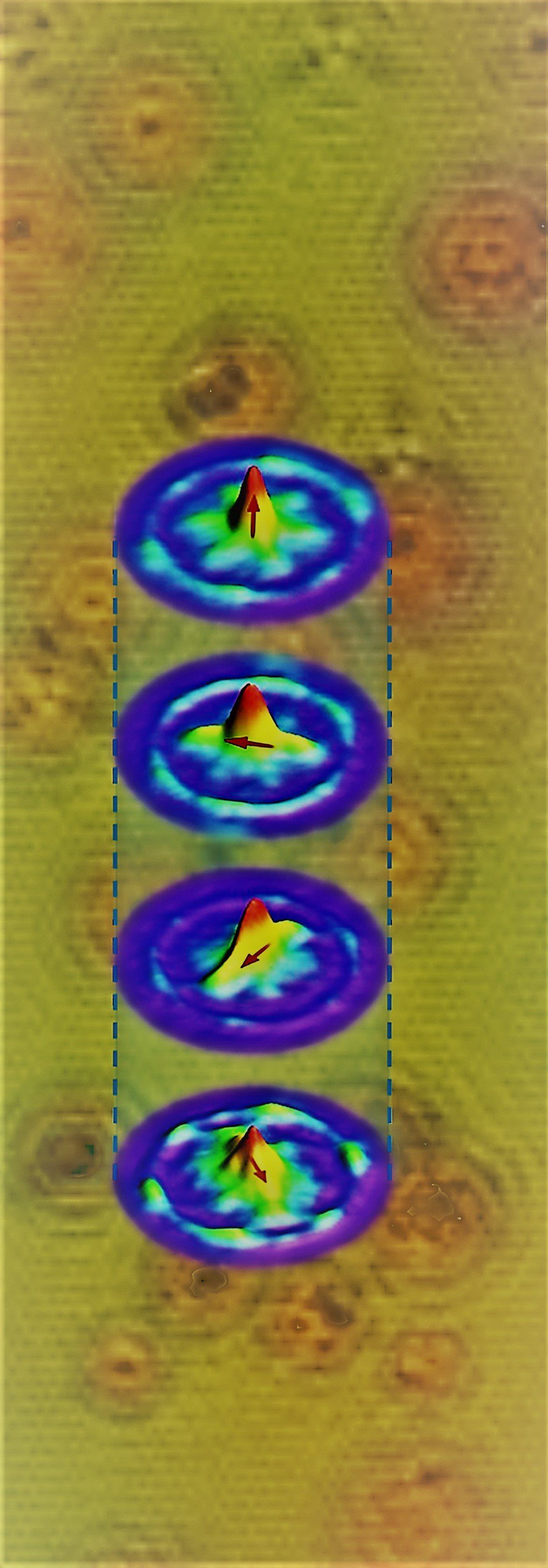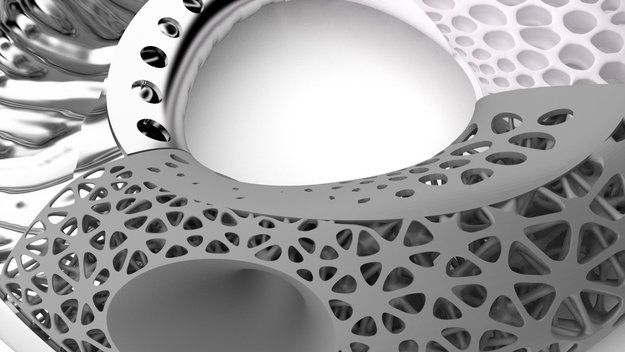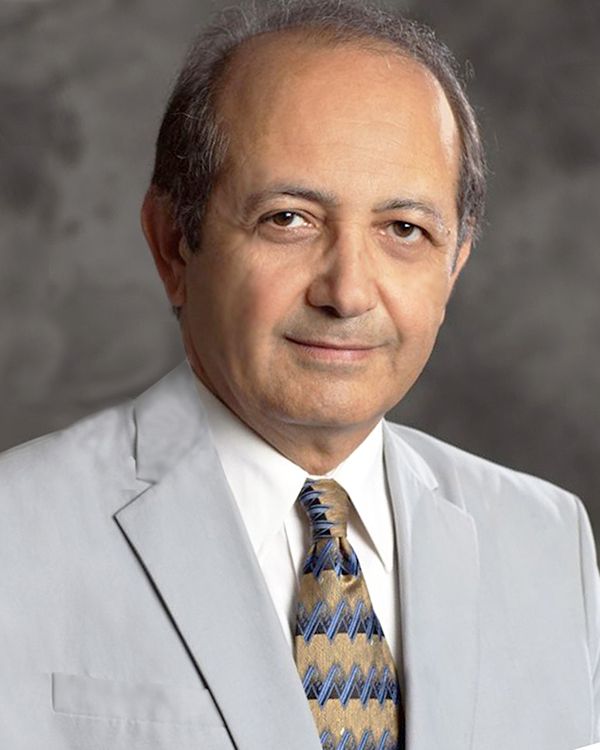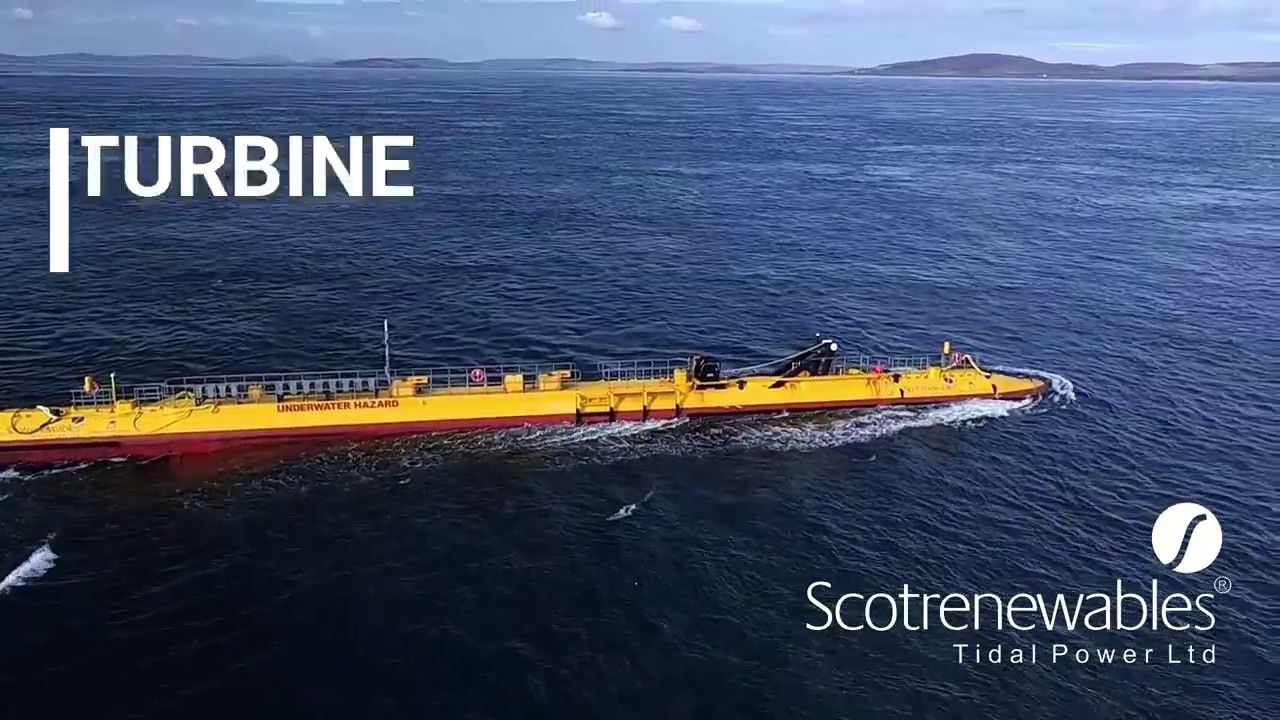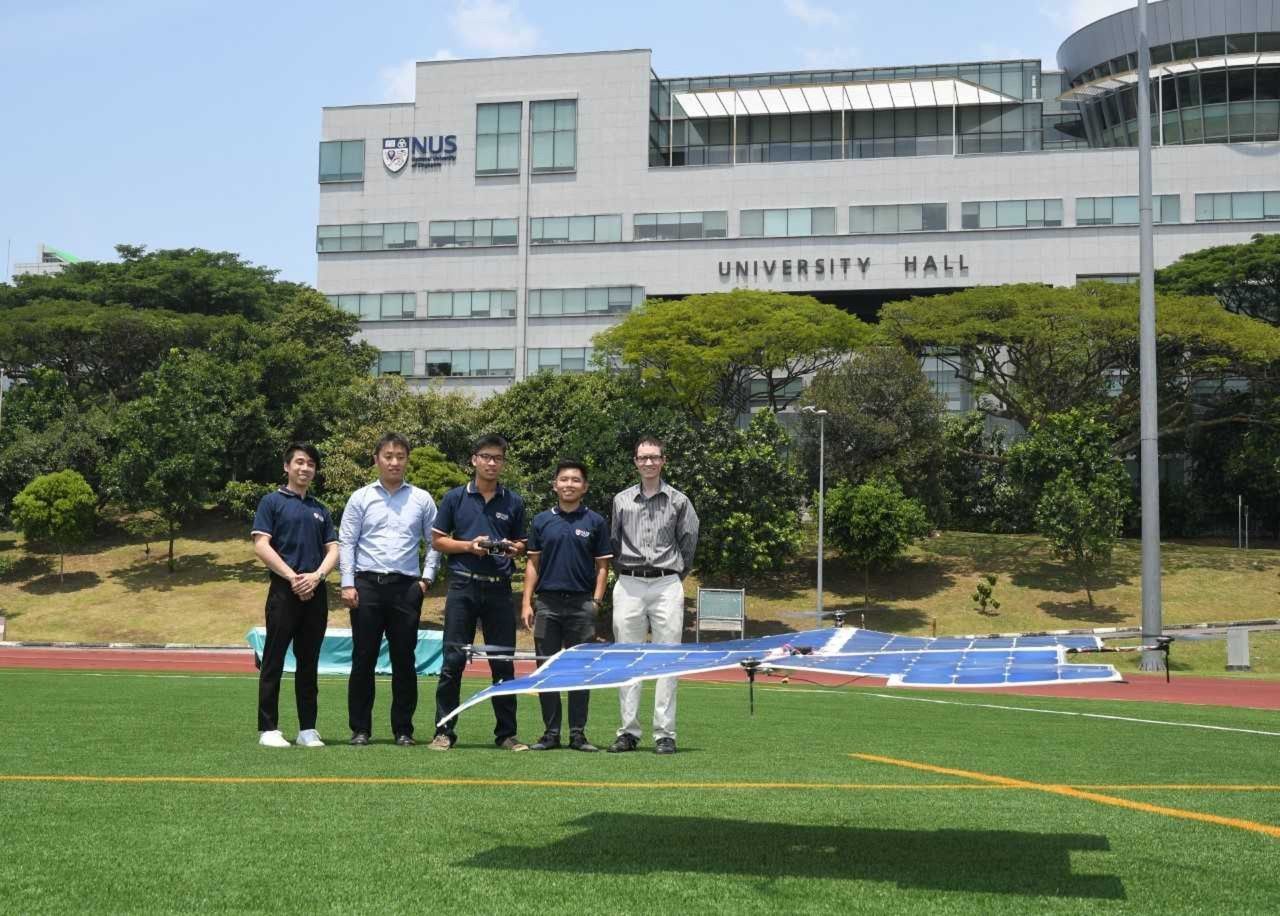Sep 16, 2018
Scientists Say We Can’t Terraform Mars. Elon Musk Says We Can
Posted by Michael Lance in categories: biotech/medical, Elon Musk, engineering, environmental, space
SpaceX’s CEO shrugs off 20 years of NASA research.
SORRY, ELON. To be ready for human occupants, Elon Musk has long called Mars a “fixer-upper of a planet.” But according to a new NASA-sponsored study, a better description might be a “tear-down.” The scientists behind that project say it’s simply not possible to terraform Mars — that is, change its environment so that humans can live there without life support systems — using today’s technology.
BUILDING AN ATMOSPHERE. Mars has a super thin atmosphere; a human unprotected on the surface of Mars would quickly die, mostly because there’s not enough atmospheric pressure to prevent all your organs from rupturing out of your body (if you survived a little longer, you could also suffocate from lack of oxygen, freeze from low temperatures, or get fried from too much ultraviolet radiation).
Continue reading “Scientists Say We Can’t Terraform Mars. Elon Musk Says We Can” »

